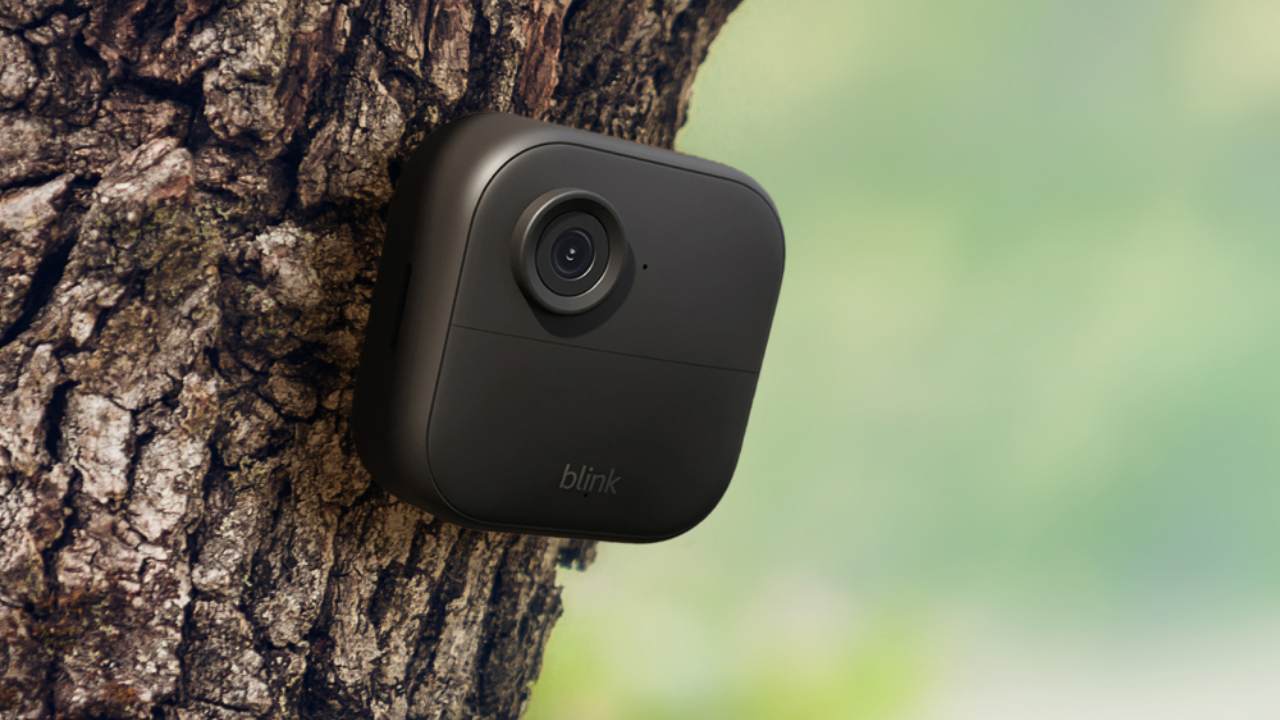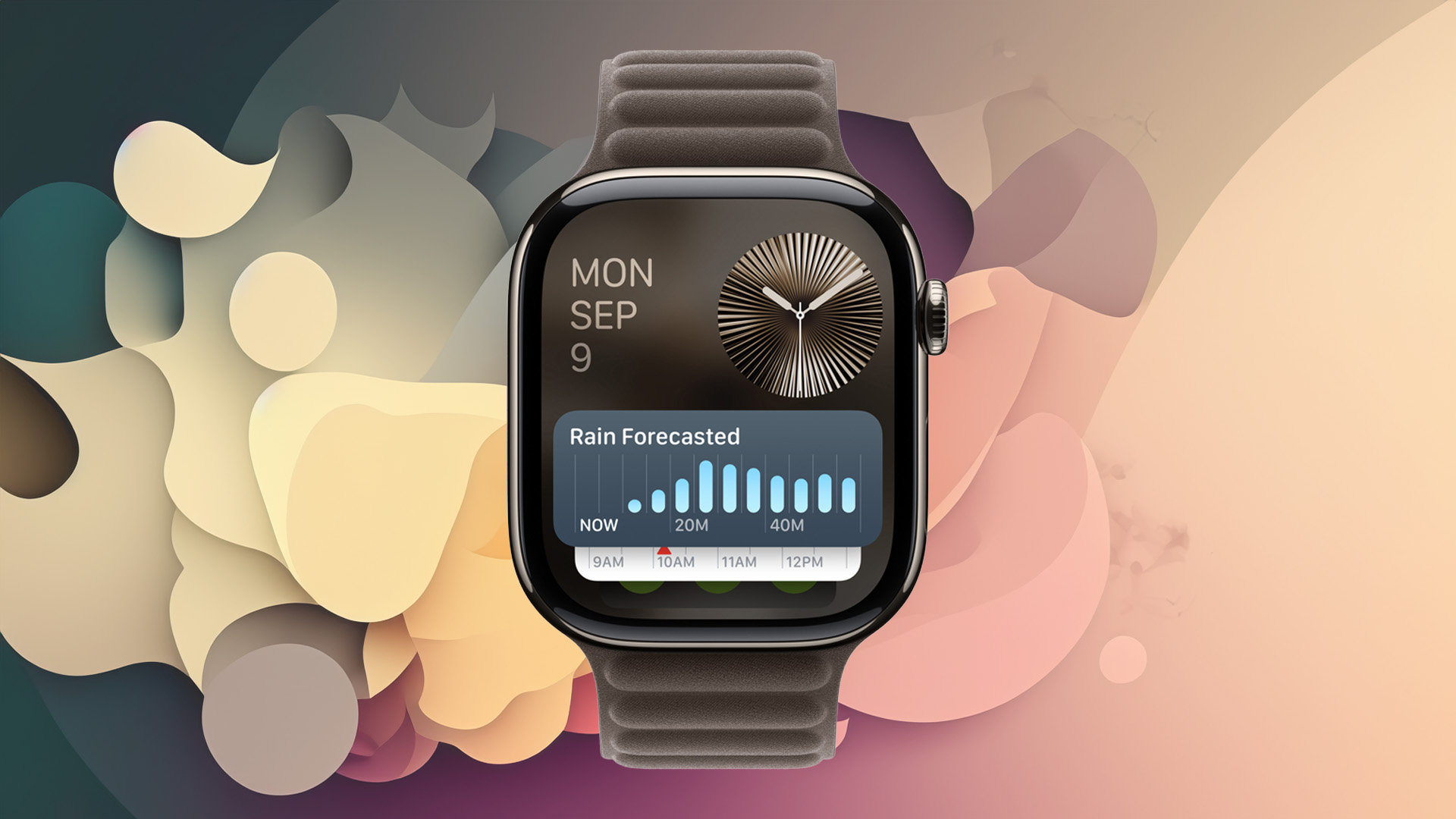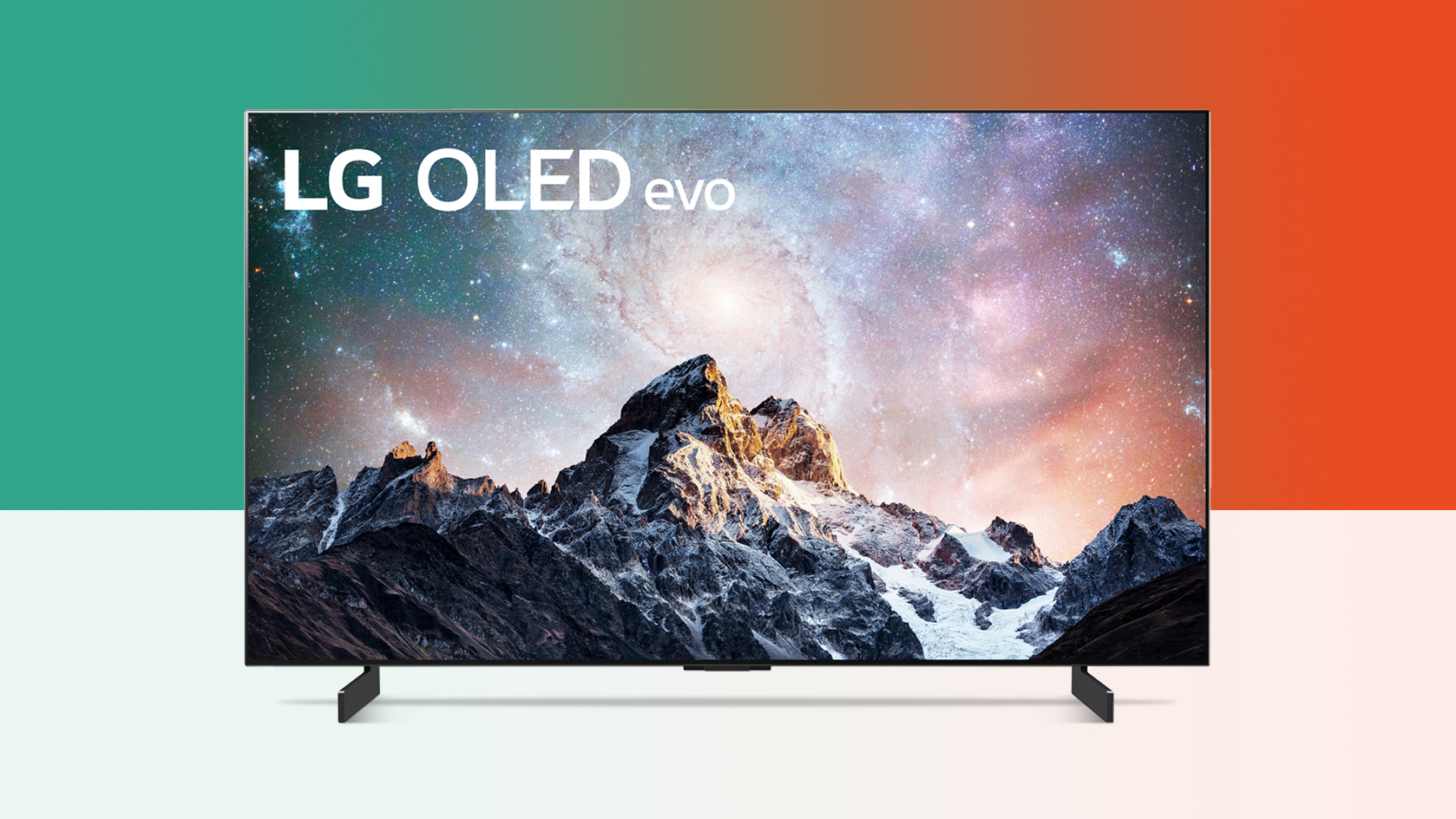

LG Display, which manufactures the OLED panels found in all of the best OLED TVs currently – whether those TVs are made by LG or not – has detailed one of the key improvements to be found in its next-gen OLED.EX panels. These new panels are used by the LG C2 and LG G2 – and will appear in sets from other TV brands too.
(In the LG C2 and LG G2, you'll see the tech referred to as OLED Evo, which is a brand name for the combination of the new OLED panel and LG's Alpha 9 Gen 5 image processor, confusingly.)
In a recent blog post, LG Display explained how the use of deuterium enables it to provide up to 30% more brightness from its OLED.EX panels. Sort of. I wouldn't say things were 100% clear to me after reading it, tbh.
But now in a follow-up post, LG Display has explained a second key technology in OLED.EX, and it's arguably less exciting but perhaps more important, because it talks about how OLED.EX should be better at maintaining image quality over time.
In the post, LG Display reveals that OLED-EX panels have a "Personalized Algorithm" tech built in, which analyses the things you watch and learns from them, to predict patterns for what kind of things you tend to stick on the TV the most.
"Personalized algorithms thoroughly study people's usage habits and viewing patterns from day one, predict the degradation of 33 million organic light-emitting diodes on each display, and maintain optimal brightness and performance at the initial state," says LG Display.
The background you need to know here is that the expected lifespan of the pixels in OLED TVs is shorter than for LCD TVs – the pixels' ability to create tends to degrade faster. So the suggestion from LG Display is that by analysing what you're watching, the system can predict which pixels will start to degrade first, and in what ways… and then it also attempts to predict what kind of thing you tend to watch, so it can compensate for any degradation by boosting whatever it needs to in those pixels, meaning it looks like the day you bought it, still.
Sign up to the T3 newsletter for smarter living straight to your inbox
Get all the latest news, reviews, deals and buying guides on gorgeous tech, home and active products from the T3 experts
Some of this is still a little vaguely described, still, I have to say. LG Display's example to explain this to highlight someone seeing this picture of Yellowstone national park, with the red, green and blue parts picked out to demonstrate how they push the individual colour elements of the OLED pixels.
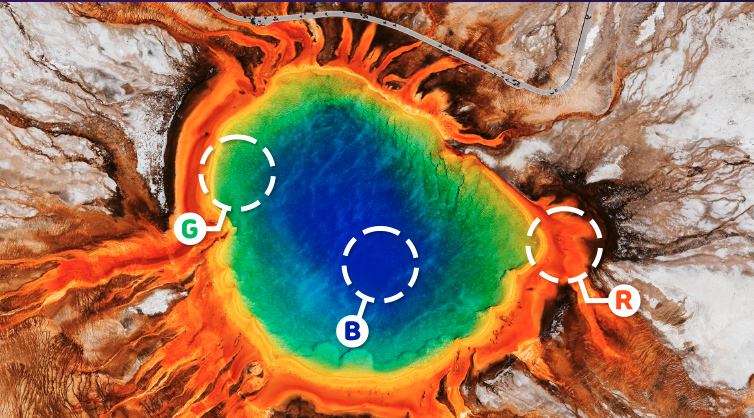
"There and many B elements used in the blue parts and R elements used in the red parts," LG Display says. "At this time, personalized algorithms can smartly predict the usage of W, R, G, and B elements respectively and control the usage of each to maintain optimal stability. You can have a vivid experience just as if you are actually surrounded by Yellowstone."
What is not clear is exactly what will happen when I watch pictures that don't contain Yellowstone, or any national parks, but if we assume the idea is to apply a more general algorithmic improvement to what you watch – a bit like how general image processing works in TVs – then it makes more sense. If you like action, the system knows that it may have to work in certain ways; if you watch a lot of drama, it may have to work in others.
Assuming it all works as claimed, then it's subtly great news for anything looking at getting the LG C2, or any of the other TVs that include the new panel – a TV lasting longer at the same picture quality isn't a very flashy feature, but it's a very welcome one if you're putting in the investment.
Matt is T3's former AV and Smart Home Editor (UK), master of all things audiovisual, overseeing our TV, speakers and headphones coverage. He also covered smart home products and large appliances, as well as our toys and games articles. He's can explain both what Dolby Vision IQ is and why the Lego you're building doesn't fit together the way the instructions say, so is truly invaluable. Matt has worked for tech publications for over 10 years, in print and online, including running T3's print magazine and launching its most recent redesign. He's also contributed to a huge number of tech and gaming titles over the years. Say hello if you see him roaming the halls at CES, IFA or Toy Fair. Matt now works for our sister title TechRadar.
-
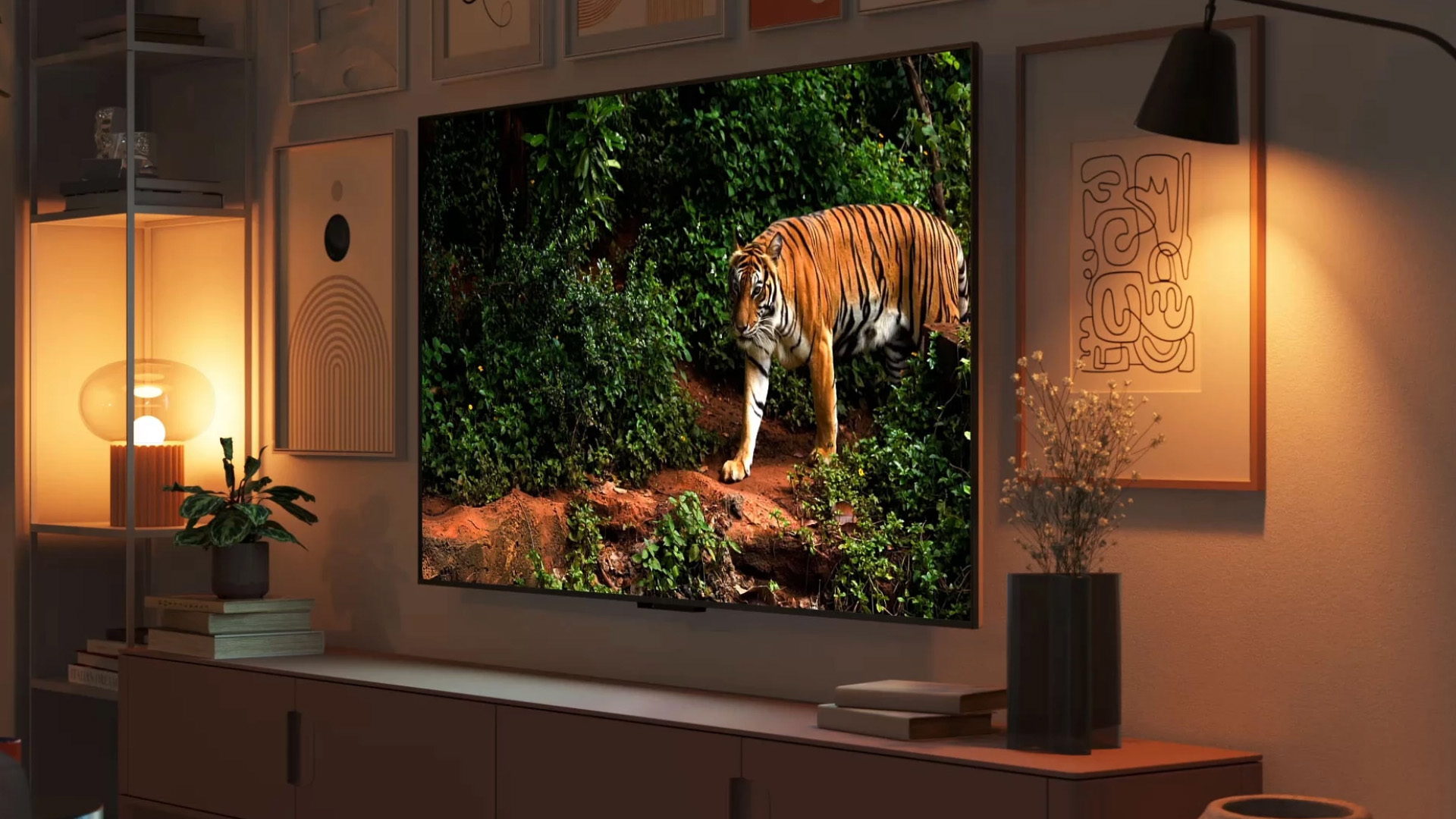 Amazon Fire TV Omni Mini-LED 4K TV review: a huge step up in performance
Amazon Fire TV Omni Mini-LED 4K TV review: a huge step up in performanceAmazon's second-gen Fire TV and first Mini-LED TV is a great option
By Steve May
-
 Early Black Friday deal sees price of massive 75-inch TV slashed
Early Black Friday deal sees price of massive 75-inch TV slashedYou'll even get a free copy of NBA 2k25
By Sam Cross
-
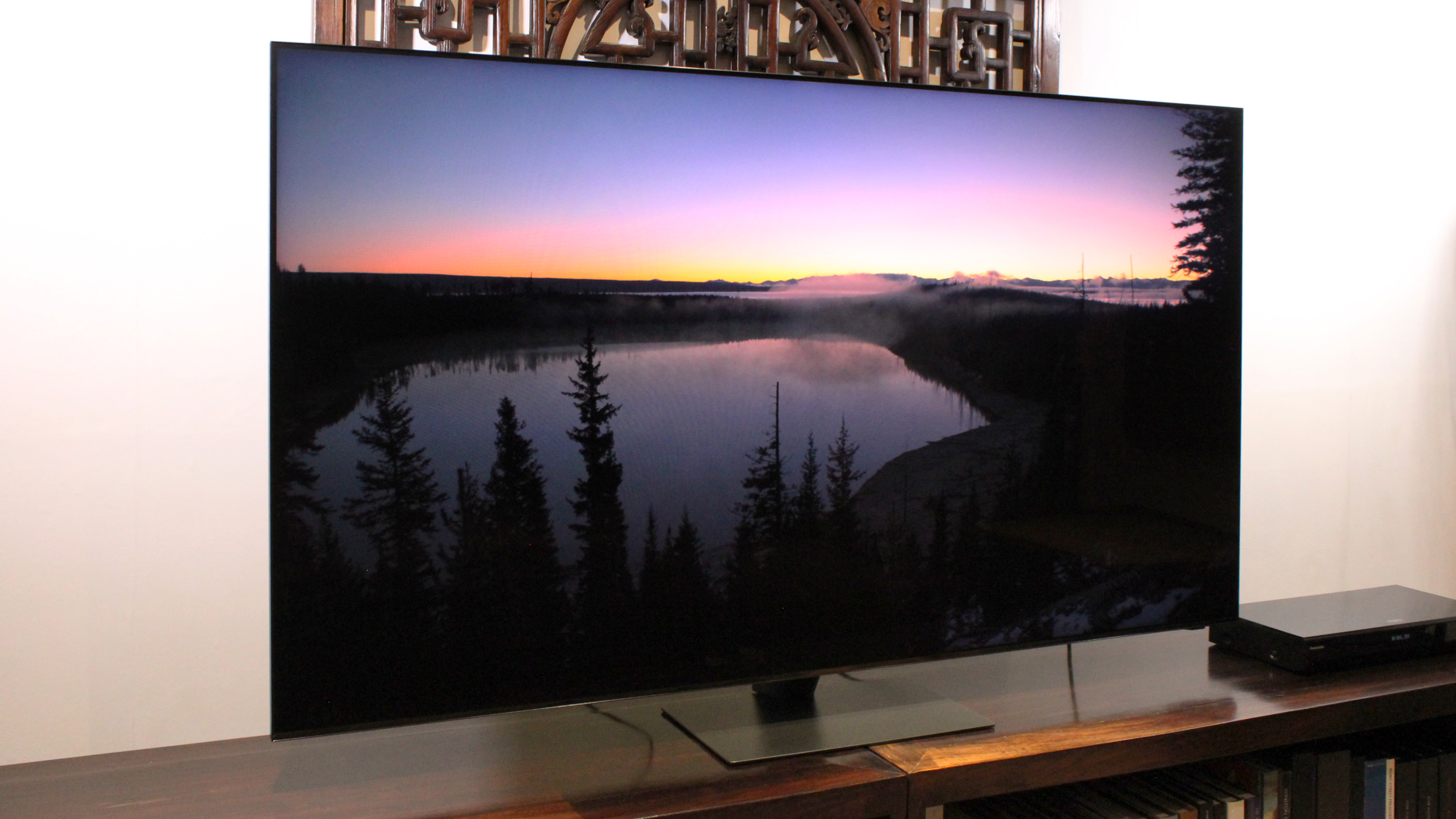 Your Samsung TV just got its biggest free upgrade yet
Your Samsung TV just got its biggest free upgrade yetOne UI is rolling out to the latest Samsung TVs now
By Britta O'Boyle
-
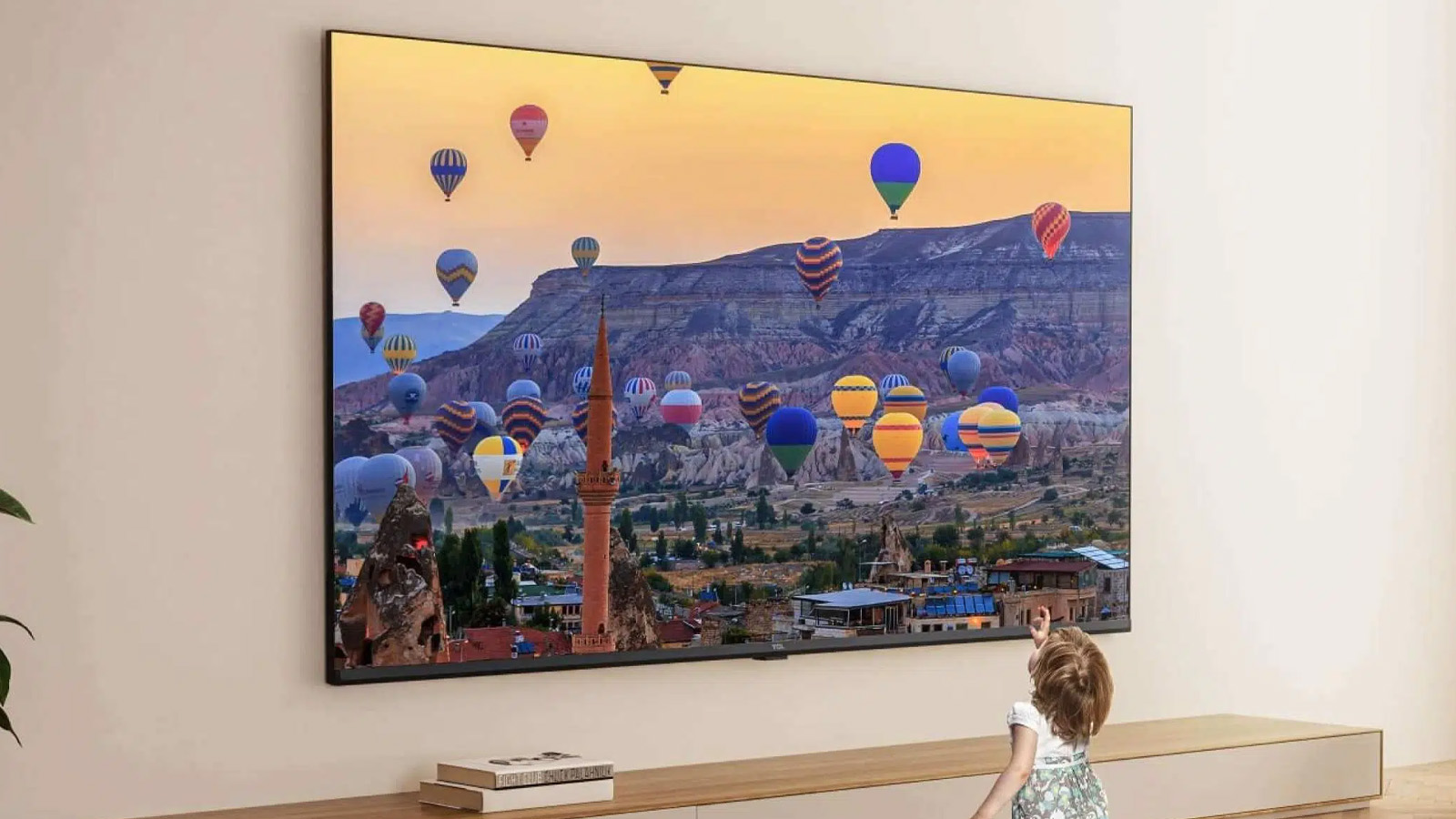 This ultra-bright mini-LED TV is the display of my dreams
This ultra-bright mini-LED TV is the display of my dreamsTCL's next flagship looks fantastic
By Andy Sansom
-
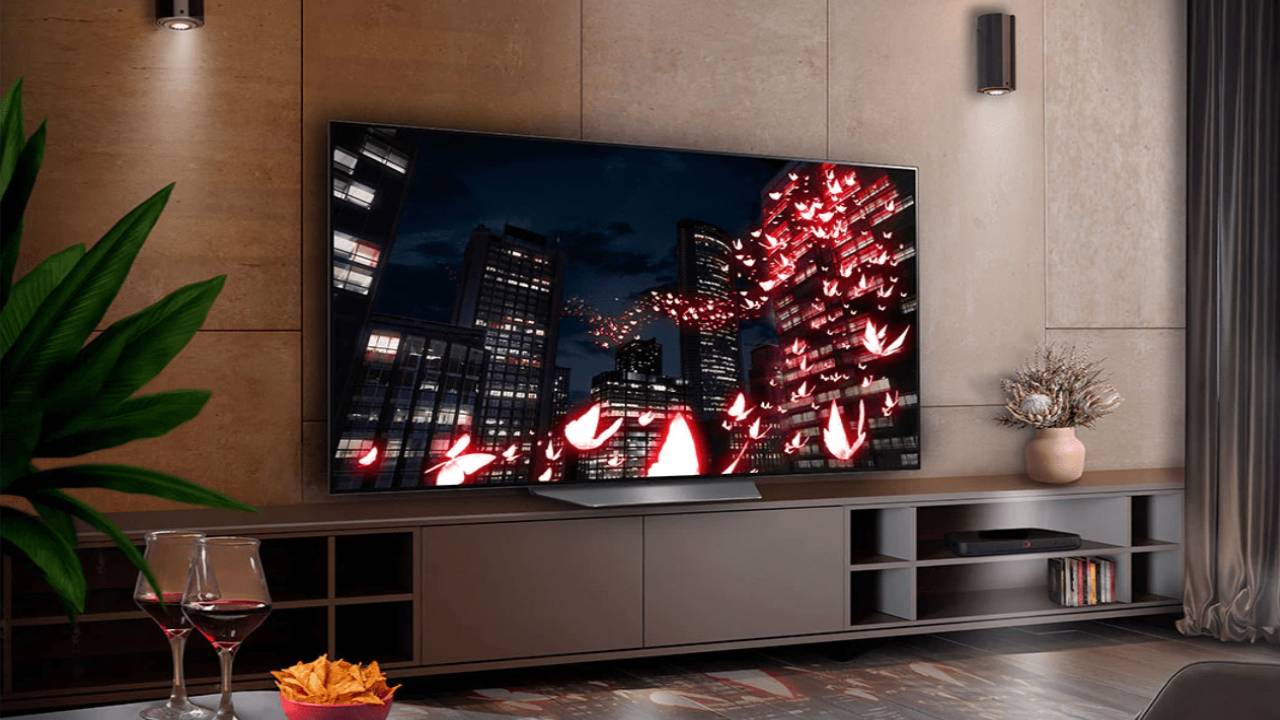 LG TV owners just got Apple TV+ for free
LG TV owners just got Apple TV+ for freeNo matter if you have an LG OLED TV or an LED model, you just got Apple TV+ for free
By Robert Jones
-
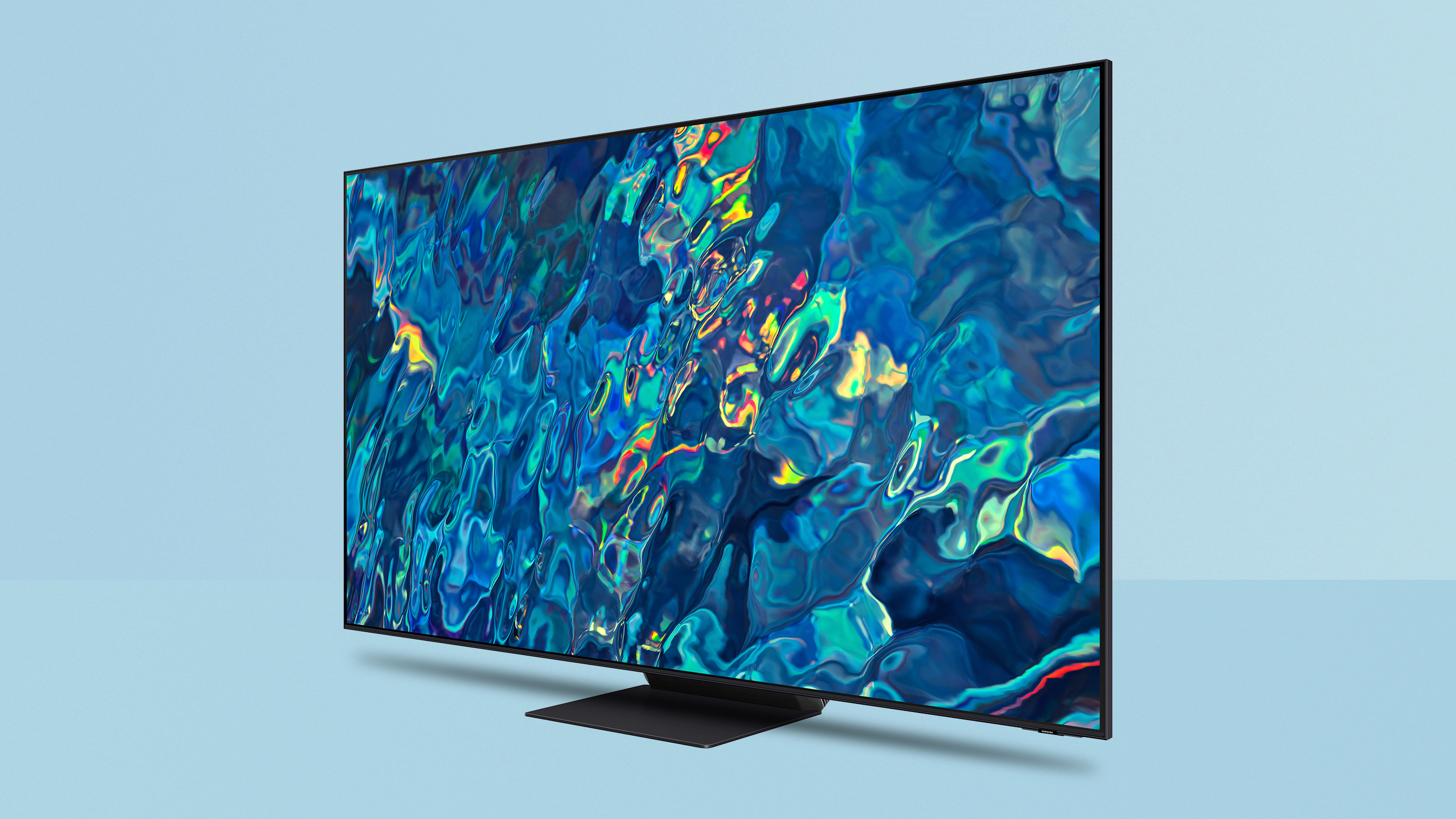 Samsung smart TV owners just got a welcome image upgrade
Samsung smart TV owners just got a welcome image upgradeHDR10+ comes to the Apple TV app on Samsung Smart TVs
By Carrie Marshall
-
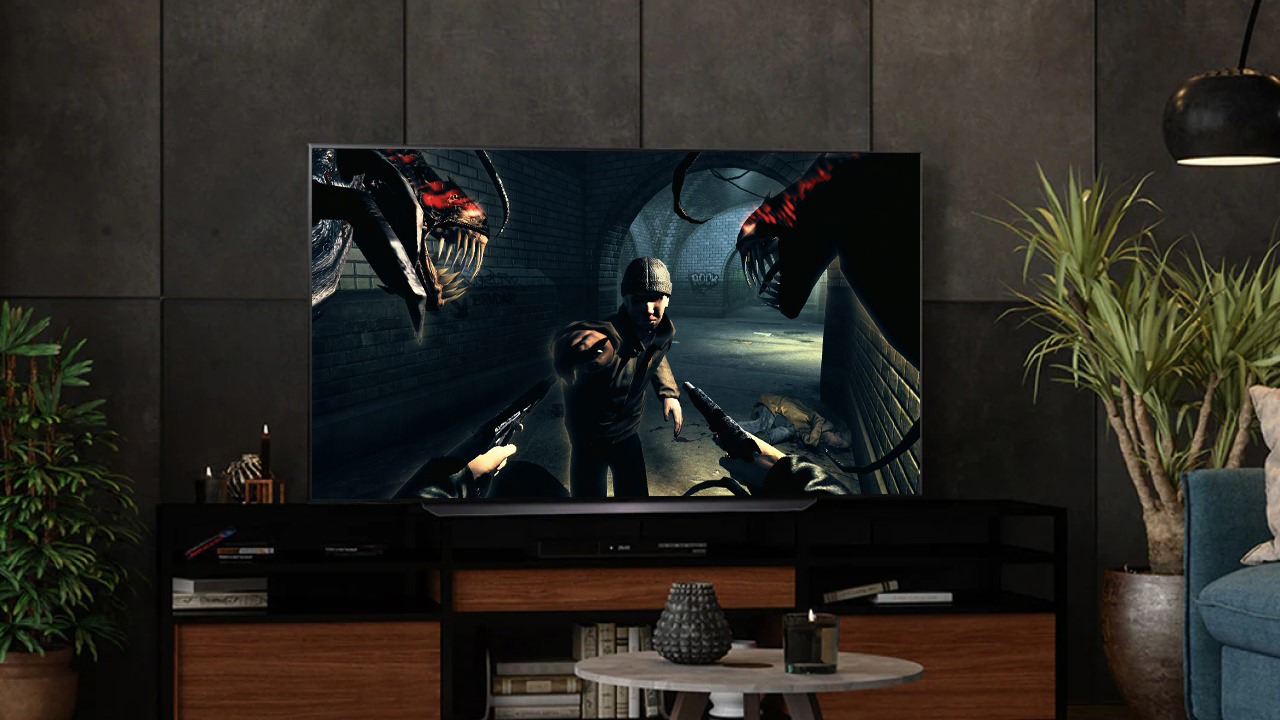 My LG C1 OLED TV makes The Darkness look incredible on Xbox Series X
My LG C1 OLED TV makes The Darkness look incredible on Xbox Series XThis classic first-person shooter is taken to a new level of awesome thanks to OLED TV tech
By Robert Jones
-
 TV deals in the Amazon Prime Early Access Sale from Samsung, LG and more
TV deals in the Amazon Prime Early Access Sale from Samsung, LG and moreBlack Friday deals have come early with these TV deals as part of Amazon's Prime Early Access Sale
By Mat Gallagher
